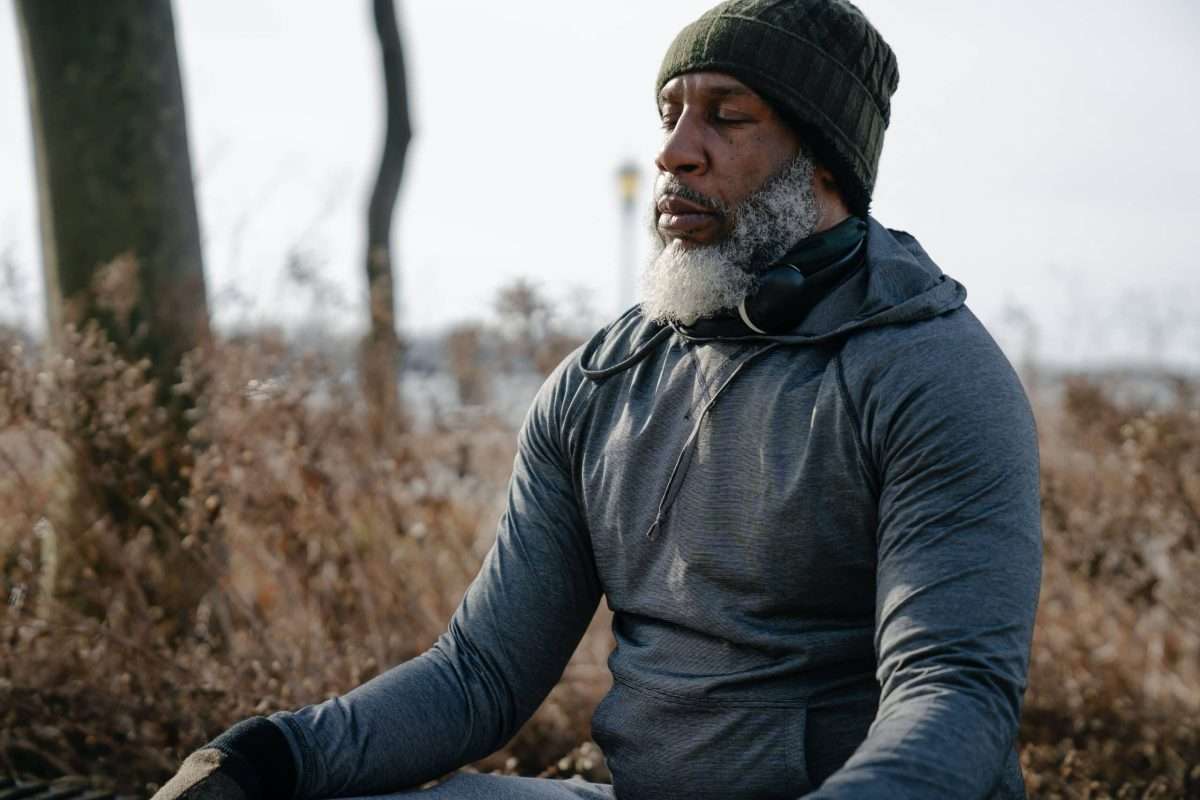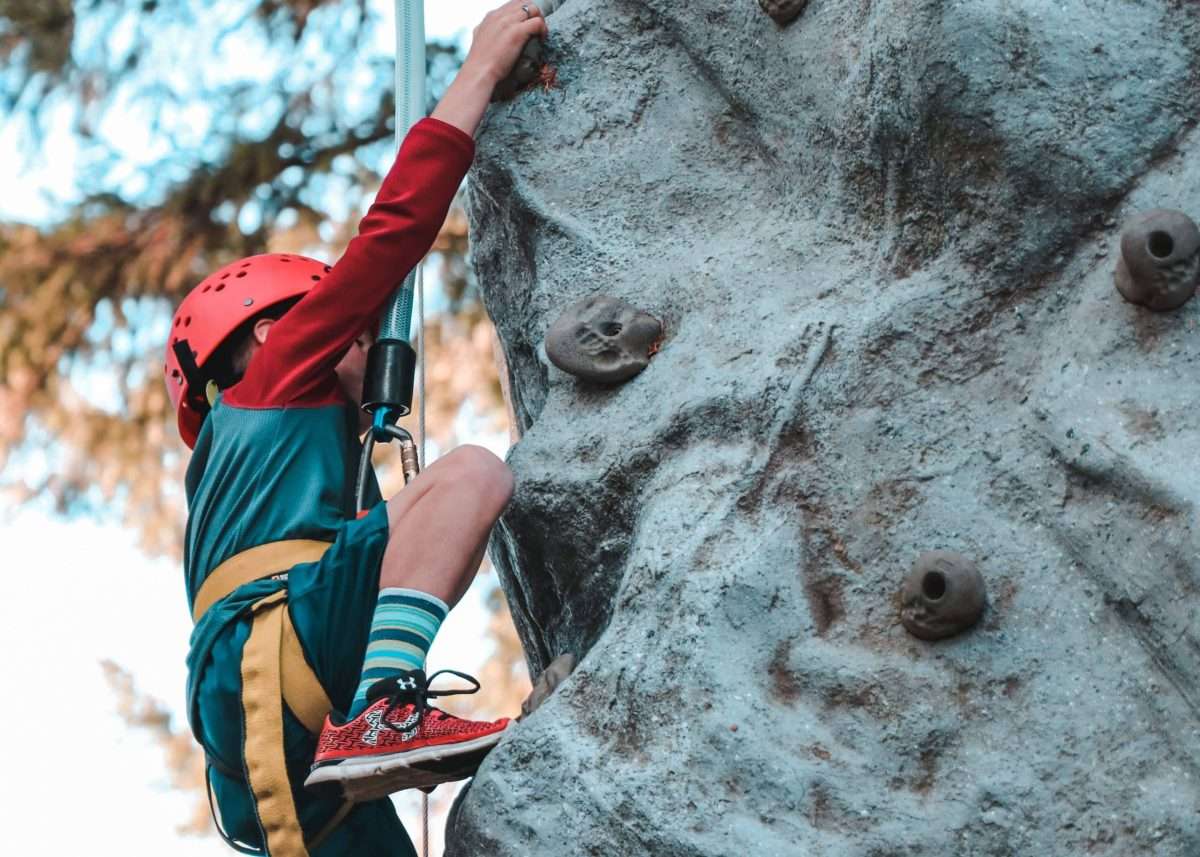
Unlocking Brain Potential: Advances in Neuroscience Coaching Strategies
The intersection of neuroscience and coaching has given rise to an innovative approach for enhancing personal and professional development. This article delves into the concept

The intersection of neuroscience and coaching has given rise to an innovative approach for enhancing personal and professional development. This article delves into the concept

In the quest for personal and professional growth, resilience stands as a cornerstone for success. ‘Cultivating Grit: The Essential Guide to Coaching Resilience in Individuals’

Uncover the secret weapon that is propelling businesses to success – the revolutionary approach of mindful leadership. Don’t miss out! Table of Contents Introduction

Explore practical strategies to enhance resilience, manage stress, and foster mental well-being. Embrace these habits to build emotional fortitude and thrive in the face of

Explore the concept of resilience and discover why it is essential to bounce back from life’s challenges. Learn how resilience fosters adaptability, emotional well-being, and

Explore profound self-discovery with our curated list of 20 thought-provoking self-reflection questions. Uncover new perspectives and rethink life’s journey as you embark on a transformative

This article serves as a guide to unlocking the secrets of sports discipline and integrating them into everyday life. Through captivating narratives and practical insights,

Throughout our lives, we accumulate a collection of relationships, beliefs, and habits. While many of these serve us well, there are those that hold us

Trauma, whether originating from a singular event or recurring experiences, can leave a profound imprint on our emotional and mental well-being. Emotional Freedom Techniques (EFT),

This FREE self-empowerment workbook is designed to help you understand your life and yourself better, so you can make decisions that will move you forward. You will also be joining our community for exclusive insights and strategies delivered directly to your inbox.

Vivien Roggero is an Executive and Elite Transformation Coach, Speaker, and Entrepreneur. With a successful executive background, he now guides people, entrepreneurs and companies to success through Mindfulness, High Performance and Freedom. He is also the creator of the One Freedom™ Coaching Framework.
This workbook is designed to help you understand your life and yourself better, so you can make decisions that will move you forward to a life of Freedom and Joy.
![2024 Awareness Wordbook by Vivien Roggero [Self-discovery tools]](http://vivienroggero.com/wp-content/uploads/2023/04/Book-Awarness-Full-pack.png)